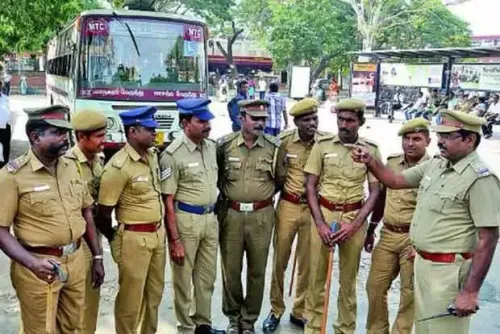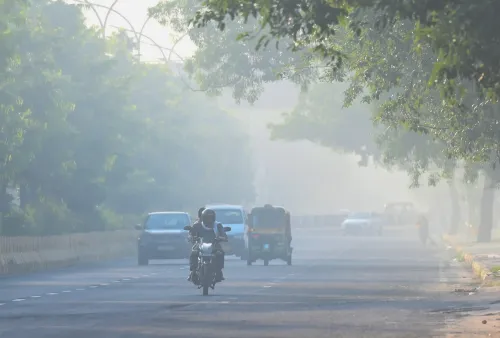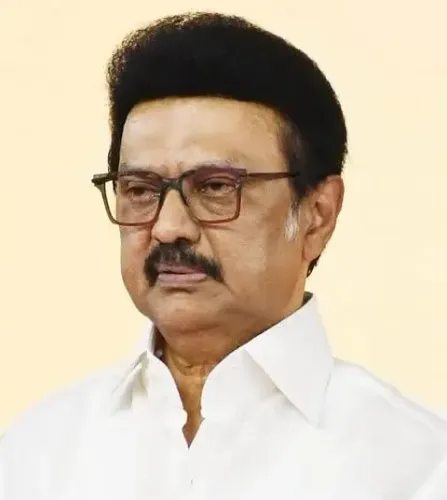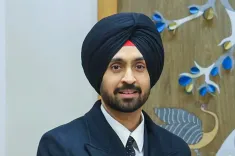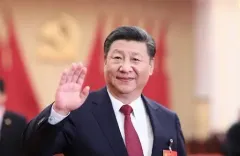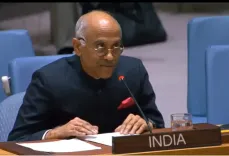What Happened During RSS Chief Bhagwat's Meeting with PM Modi?
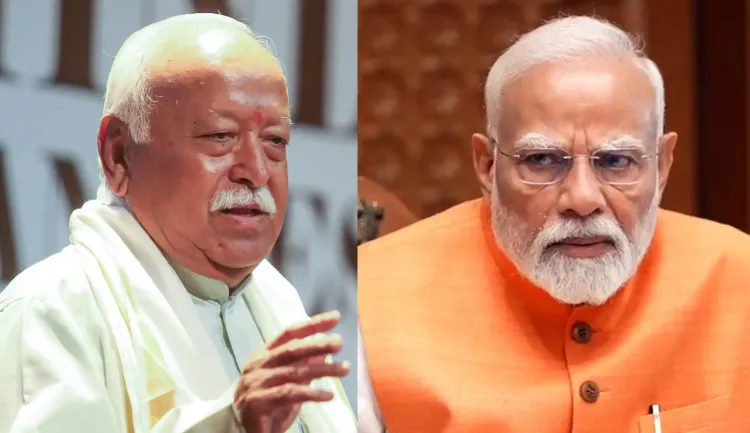
Synopsis
Key Takeaways
- RSS chief Mohan Bhagwat met PM Narendra Modi to discuss national security.
- The meeting followed the Pahalgam terror attack that killed 26 civilians.
- PM Modi granted operational freedom to the armed forces for a potential military response.
- Intelligence and military readiness have been heightened along the Line of Control.
- Diplomatic actions, including treaty suspensions, are underway in response to the attack.
New Delhi, April 29 (NationPress) In a pivotal political moment, RSS chief Mohan Bhagwat met with Prime Minister Narendra Modi at his official residence located at 7, Lok Kalyan Marg on Tuesday evening. This meeting followed the Prime Minister’s urgent high-level huddle with senior security officials aimed at formulating India’s response to the tragic Pahalgam terror attack, which resulted in the loss of 26 civilian lives, primarily those of tourists.
The timing of the encounter between the RSS chief and the PM is particularly noteworthy, especially following Bhagwat’s recent calls for a decisive government reaction to the attack. “We anticipate a vigorous response… Our hearts are heavy with pain. We feel anger,” Bhagwat stated at a public function last week. He implied the responsibilities of leadership by saying, “The king must safeguard the populace. Teaching those who create chaos a lesson is also part of the duty.”
Earlier in the day, PM Modi presided over a crucial meeting that included Defence Minister Rajnath Singh, NSA Ajit Doval, CDS General Anil Chauhan, and the heads of the Army, Navy, and Air Force. Sources described this meeting as “extraordinary in urgency and nature,” reflecting the somber atmosphere in the capital after the April 22 massacre orchestrated by Lashkar-e-Taiba terrorists from Pakistan.
During the discussions, PM Modi authorized the armed forces with complete operational latitude regarding the “mode, targets, and timing” of India’s response. “India is committed to delivering a significant blow to terrorism,” government sources reported the PM stating, suggesting a potential major military retaliation.
Surveillance and intelligence operations along the Line of Control and in Pakistan-occupied Kashmir have been heightened. Besides military readiness, diplomatic actions have been initiated, including the suspension of the Indus Waters Treaty and the expulsion of short-term Pakistani visa holders.
With tensions escalating, the simultaneous occurrence of the high-level security meeting and Bhagwat’s visit sends a strong message: India’s response is not only forthcoming but may also transform its approach to counter-terrorism in the region.


